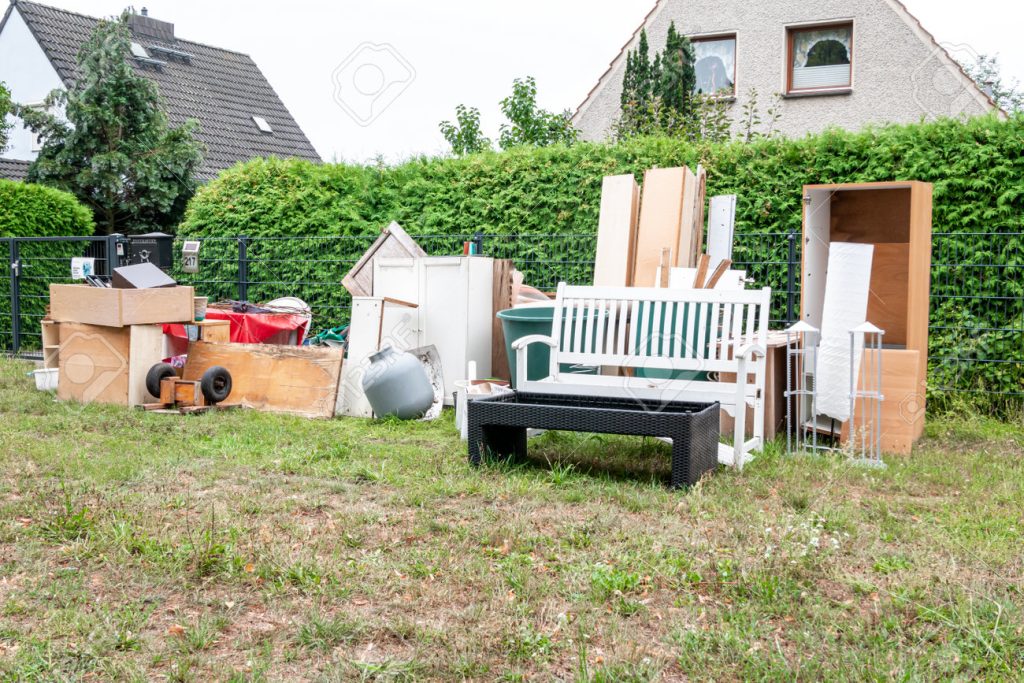In Berlin, the management of cumbersome waste is just a essential facet of the city’s waste disposal infrastructure. The German capital is committed to providing successful and environmentally responsible solutions for the removal of large and troublesome items, including furniture to appliances. Citizens can benefit from an extensive heavy waste series program that aims to simplify the method of getting rid of big items. That service represents an essential role in sustaining the cleanliness and visual attraction of the town, because it allows citizens to dump objects that may not fit in to normal spend bins.
One notable function of Berlin’s heavy waste series is their inclusivity. The service accommodates a wide selection of products, including previous furniture, beds, digital devices, and more. This inclusivity shows the city’s devotion to ensuring that residents can very quickly and responsibly dump things that may usually contribute to visual pollution or improper disposal practices.
Berlin’s method of heavy waste selection isn’t merely about disposal but is deeply seated in environmental sustainability. The town has implemented recycling initiatives to minimize the environmental impact of heavy waste. Components such as for instance wood, steel, and electronics tend to be divided and delivered for recycling, contributing to Berlin’s broader commitment to a round economy and reduced waste generation.
The method of arranging heavy waste selection in Berlin is made to be resident-friendly. Berliners may usually routine pickups through the city’s waste management solutions, ensuring a hassle-free experience. Some areas might have designated days for large spend series, while the others may possibly need residents to produce personal arrangements. That flexibility accommodates the diverse wants of the city’s populace, selling a culture of responsible waste disposal.
To improve ease and reduce steadily the burden on landfill sites, Berlin encourages residents to consider alternative options before resorting to large waste collection. Donation stores, upcycling initiatives, and fix solutions are actively promoted to give the lifespan of objects that may usually be discarded. That multifaceted approach aligns with Berlin’s broader goals of promoting sustainability, neighborhood diamond, and resource efficiency.
The city’s waste management authorities also prioritize public awareness and training regarding cumbersome waste disposal. Information campaigns and on line methods information citizens on the proper techniques for organizing things for collection, contributing to a better and more prepared process. The increased exposure of knowledge underscores Berlin’s responsibility to fostering a sense of environmental obligation among its residents.
Berlin’s devotion to effective and sustainable large spend series is further exemplified by the current presence of specialized recycling centers. These facilities let Sperrmüllabholung Berlin to drop off specific forms of large waste immediately, ensuring appropriate removal and recycling. That decentralized strategy plays a role in the city’s overall spend reduction strategy, focusing the importance of localized solutions.

In summary, Berlin’s method of large waste collection is really a testament to its commitment to cleanliness, environmental sustainability, and resident satisfaction. The city’s comprehensive solutions, along with a focus on recycling and public knowledge, create a strong framework for responsible spend management. As Berlin continues to evolve, their method of heavy spend variety serves as a product for other urban stores seeking efficient and environmentally aware answers to the difficulties of waste disposal.
